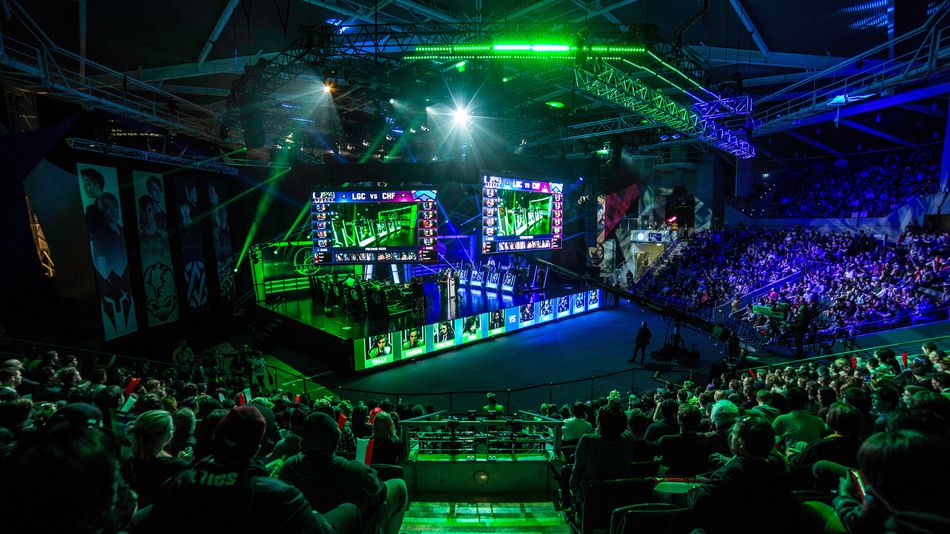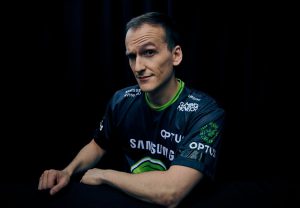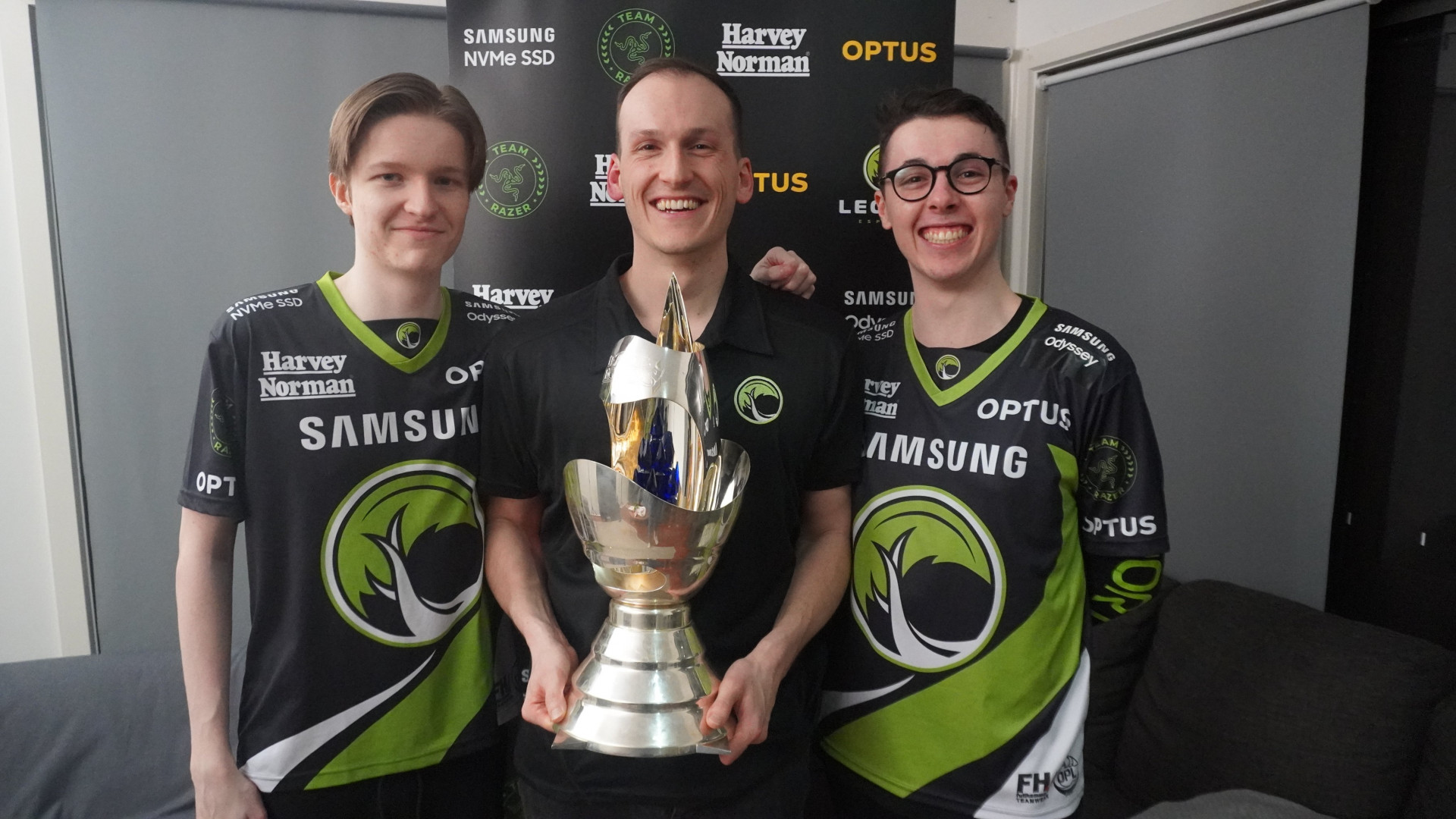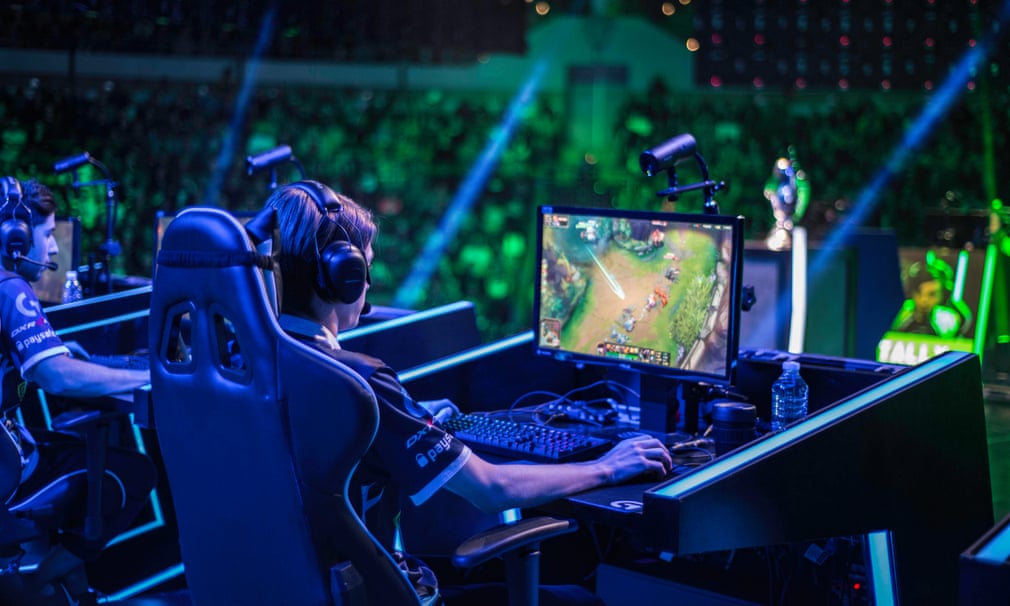Riot Games’ October 7th announcement that it was shutting down the Oceania region’s professional League of Legends competition, the Oceanic Pro League (OPL), was a shock decision to most.
Off the back of Legacy Esports’ strong performance at Worlds and the growing presence of OCE talent across the globe, the region appears to be making year on year gains. Even when following Riot’s decision to cancel team operating subsidies and minimum player salary requirements for the 2020 season, player performance broadly improved and teams across the league partnered with brands including Marvel, Samsung and L’Oreal Paris.
The OPL has served as a great proving ground for players and a demonstration of what the region has to offer pro League of Legends more broadly. Players in the top western leagues such as Ian Victor ‘FBI’ Huang and Tommy ‘Ryoma’ Le in the LCS or Mitchell ‘Destiny’ Shaw at Origen (now Astralis), to coaches like Aaron ‘ChuChuZ’ Bland and Simon ‘Swiffer’ Papamarkos at Golden Guardians and Excel Academy respectively, are just a few examples of Oceania’s success in developing talent.

RELATED: Chiefs Esports Club to host L’Oréal Valorant Invitational
What brought about Riot’s decision to scuttle the OPL?
According to an official statement from the company, Malte Wagener, Managing Director, NA & OCE and Tom Martell, Director of Operations, Global Esports cite that “the OPL has not met our goals for the league, and we do not believe that the market is currently able to support the league in its current form.”
Behind closed doors, there were grumblings about Riot’s justification for the closure. Some members of the scene noted their belief that the publisher dragged its feet and offered little support to organisations in developing the very market it would later say was not viable. Many people in the scene felt blindsided by the decision, with organisations allegedly receiving at most, only two hours notice before the announcement went public.
[primis_video widget=”5183″]
Former pro player, and now Legacy Esports’ Head of Esports, Tim ‘Carbon’ Wendel was just coming off the high of what was arguably OCE’s best-ever showing at Worlds – taking a game off Europe’s Mad Lions and finishing second in their group at Play-ins before falling to China’s LGD Gaming in the knockout series to make it to the main event.

“For me it was jarring. I had just come back from Worlds. I literally landed in Australia, went to bed, and then when I woke up the next day, which was quite late in the afternoon, I found out about half an hour before the announcement went live what was happening. So for me, it was like I was at Worlds, the team had done probably the best that any OCE team has ever done, then the journey home and very next day it was gone.”

Across the region, there was a great outpouring of grief, frustration and loss at the decision. Former OPL Play-by-Play caster Andre ‘Skimmy’ Allchin noted that for him and the broadcast team “it’s been tough, the region does so much with so little. For my colleagues, their names have been synonymous with the OPL for years now and I’m sad yet grateful I got to share one of those years with them.”
It was also a moment of reflection for Caster, Analyst and former ORDER Co-Founder Jake ‘Spawn’ Tiberi, having been a key representative for the region at international events:
The OPL has been my livelihood for 6 years. I first started fulltime for Riot in 2015 and went full focus on what my dream was.
I have been apart of 5 Worlds Broadcasts and 4 MSI Broadcasts.
Today I feel nothing but sadness for everyone involved in League of Legends in OCE.
— TL Honda Jake Tiberi (@Spawnlol) October 7, 2020
RELATED: Behind Guinevere’s gamble on New Zealand esports
OCE’s international presence and NA Residency
In tandem with the OPL’s closure, Riot Games noted that the OCE region will still retain slots for the Mid-Season Invitational (MSI) and World Championship next year. Additionally, OCE will no longer take up import slots for teams competing in North America’s LCS, receiving an equivalent form of ‘NA residency’.
These are positives absolutely worth remembering for Legacy’s Tim Wendel, he noted: “For [MSI and Worlds slots] to exist requires a qualifying tournament, y’know, I’m optimistic that a tournament can be good enough to fill the void. The OPL just doesn’t exist in the state it existed. It won’t exist the way it existed, but that’s not to say competitive League is dead altogether.”
For Wendel’s players, NA Residency also stands as a great opportunity: “They were looking for those opportunities even before the residency change. I know a lot of the guys that are overseas right now or from last year, my players had played on teams with those same players.
“Their friends were already overseas, they’d won the championship here and were planning on joining them anyway. So for my guys, it was a bit bittersweet, like its good for them personally but it affects a lot of their friends. They’re one of the few or maybe the only group that stands to benefit.”

RELATED: Murdoch University to build esports hub on new Perth campus
What does an OPL 2.0 look like?
Only a few days after the closure announcement went public, prominent members of the OCE scene are already looking to build something in the OPL’s place.
While developments of an OPL 2.0 are embryonic at this stage, with nothing confirmed yet, Wendel believes that the scene already has a strong foundation to rebuild from: “I liked our 2020, even with COVID and those challenges aside. I thought the format and broadcast was all really good. We would have liked more people to have watched, but the people who did watch had an entertaining product.”
This sentiment was shared by Allchin, who is looking forward to how the region will respond. He commented: “I’m hoping once we all know more about the situation, the scene can bounce back in a big way. The community is there, the passion is there and the opportunities will surely follow. My biggest concern would be witnessing talented individuals giving up on their dreams because it’s just not practical anymore. Let’s hope it never comes to that!”

RELATED: Australia’s ORDER launches Series B funding round
Looking forward, Wendel and Allchin both highlighted the importance of cultivating a competition that develops quality talent and benefits players as key to OCE’s future.
For Allchin, he’s hoping that “whatever comes next still provides players with the opportunity to impress and attract global interest. Personally, I’d love to see an ‘NA Scholarship’ program developed to discover the best talent our region has to offer and provide them with benefits like coaching or even relocation to play abroad.”
“For me, the important part is the players. Lots of them are close personal friends of mine not just people I work with,” noted Wendel. “Providing opportunities for them isn’t just a growth initiative for the club. I was this person once upon a time and I know what I would have wanted in this scenario. That’s what I try to provide to them.
“I just want as many opportunities as possible for players in this region to develop and show their worth. When I see guys go overseas and succeed, that’s the dream – I love seeing that.”
While the future of League of Legends in Oceania currently remains unclear, one thing is certain: the players, organisations and fans in OCE aren’t going to let this be the end of professional League of Legends in the region.
[maxbutton id=”14″ ]
